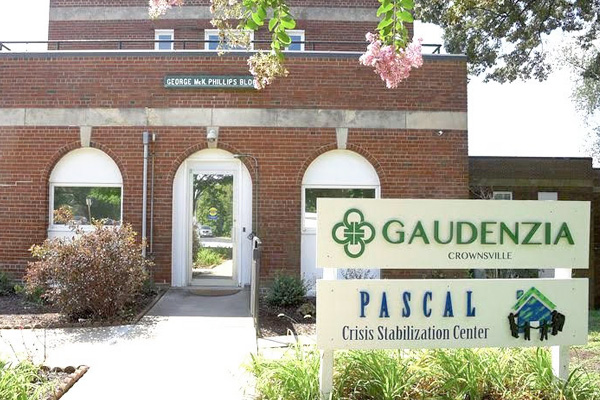Time to come together –
Nov. 8, 2020 – On a summer evening in August, Holt relapsed in Brooklyn Park and contacted Pascal Crisis Stabilization Center in Crownsville for short term help. They picked him up, but he passed out after reaching the short term care center. It took eight doses of Narcan and CPR to revive him.
“It’s really unheard of. You either come back after five or six doses, or you die,” said Holt, a well-known Pascal patient. “Because of my status with the people here … they were doing anything they could in their power to keep me.”
Holt eventually got additional treatment, but not every person who overdoses gets the help they need. Short-term treatment at the Pascal center can help people like Holt who may fall through the cracks, but health officials say longer-term care is key to recovery.
And while overdoses are up in Anne Arundel County this year, the usual pathways to long-term care have been obstructed by the pandemic.
Courthouses were closed for weeks, severing the referral progress for incarcerated patients awaiting treatment. Some walk-in patients fearful of contracting COVID-19 or uninterested in isolating upon arrival leave rehab early. Others are denied entry when a resident tests positive for COVID-19, sending the facility into a two-week lockdown.
Now, they’re facing steep financial shortfalls because of it, putting the programs at risk for closure. Without Medicaid reimbursements or federal and state funding, treatment centers straining under large deficits like Gaudenzia and Hope House say they will have to close some of their centers soon.



